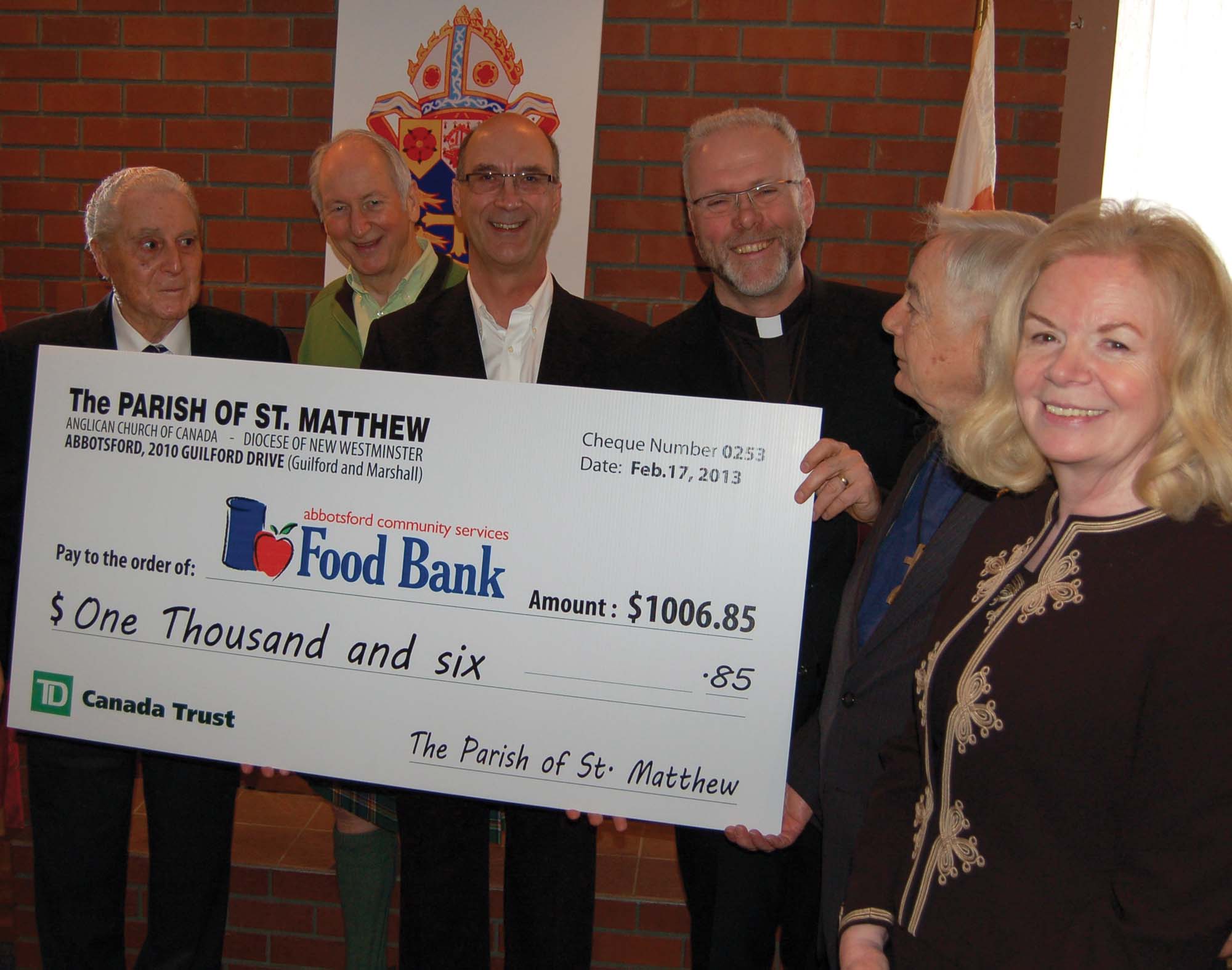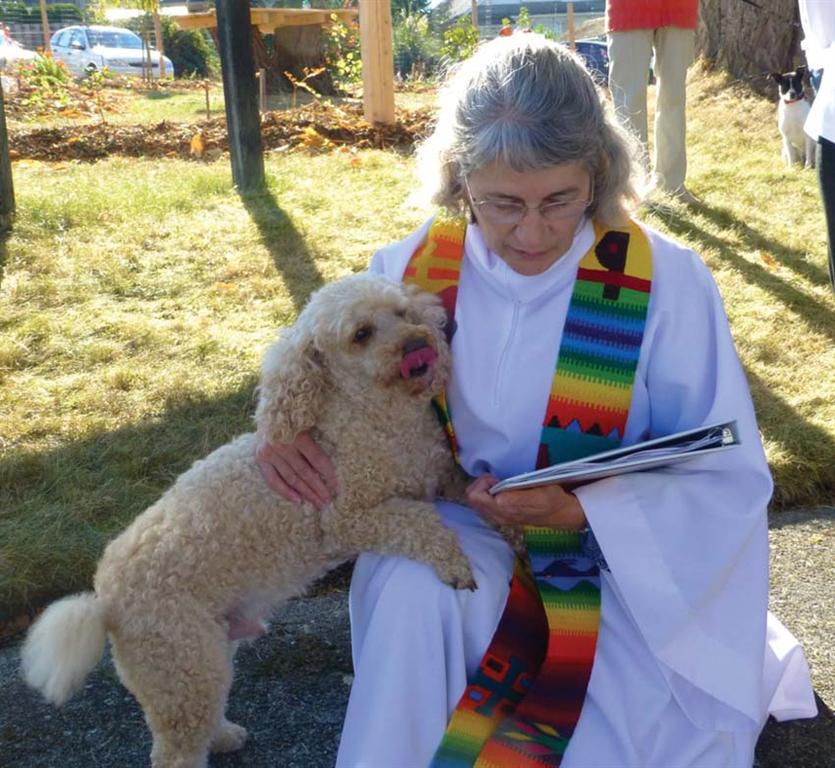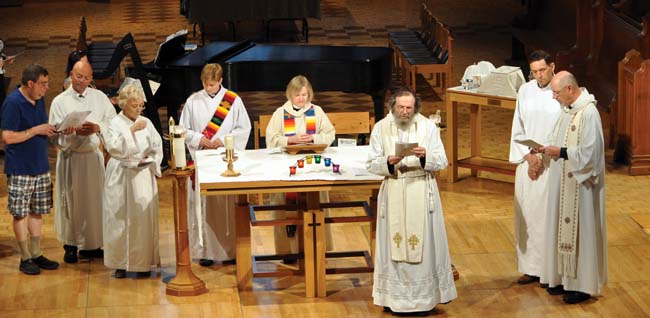Now that I am not exactly young, the old saw I wish I knew now what I thought I knew when I was eighteen, often comes to mind.
The youth coordinator for the Diocese of New Westminster ponders the question of when the “shift from childhood to adulthood takes place” and laments the attempts of “the wiser generations” to “wipe out self expression in our young people”. This all relates to the teen who wore the Jesus tee-shirt, but it raises some more interesting general points.
The question of when children become adults is an existential one: children become adults when they cease behaving as children. For the pampered offspring of western decadence, this may never occur: look at Justin Trudeau. For an impoverished Ugandan family that must struggle merely to survive, it probably occurs around the age of ten.
Bemoaning the suppression of young people’s self-expression, is an odd complaint against a society where anyone, including the youngest of young people, can say just about anything and publish it on the Internet – so long as it doesn’t offend Muslims. Perhaps what the supposedly stifled Mr Colvin means is that no-one listens to what young people have to say. The answer is simple: say something interesting and people will listen. Moaning about a lack of suitable jobs and the evils of consumerism is so predictably trite it doesn’t even elevate itself to the level of dull.
From here:
I’m glad that Colin McComb’s letter [Dress codes a good way to start, anglicanjournal.com, May 10] gets beyond the T-shirt discussion because it exposes a much deeper, more dangerous mindset. The author writes: “The classroom should first and foremost be a place of learning: not a forum in which to exercise one’s freedom of expression. Children need to learn how to think before they learn how to bellow out whatever it is they’re thinking.”
Welcome to the history of childhood for the past century or so. An environment which has been built on the foundation that ‘we, the adults know things and you, the children, do not. Our job is to fill you with information and prepare you for the world when it’s your time.’
Except, when is it a young person’s time? When they leave school? These days, there are practically no entry level jobs in any industry for someone with a high school diploma. And while a college graduate might be lucky enough to get one the rapidly diminishing entry level jobs, as Colin McComb says, the modern Canadian workplace is no place for self expression. And so the children once again are, figuratively, being told that they are not yet really adults.
Perhaps the shift from childhood to adulthood takes place when a person buys a house or starts a family? But wait: Buying a house generally doesn’t happen without some support and subsidy from family. More waiting for adulthood. And in the meantime, young people become consumers.
Like this:
Like Loading...




 To coincide with Vancouver’s Pride Day, Christ Church Cathedral has a “Pride Day service”. It managed to draw 80 people this year – in a facility that will hold 600. So you can see by the numbers it is attracting how successful the Diocese of New Westminster has been in tapping in to the spiritual pulse of the nation.
To coincide with Vancouver’s Pride Day, Christ Church Cathedral has a “Pride Day service”. It managed to draw 80 people this year – in a facility that will hold 600. So you can see by the numbers it is attracting how successful the Diocese of New Westminster has been in tapping in to the spiritual pulse of the nation.